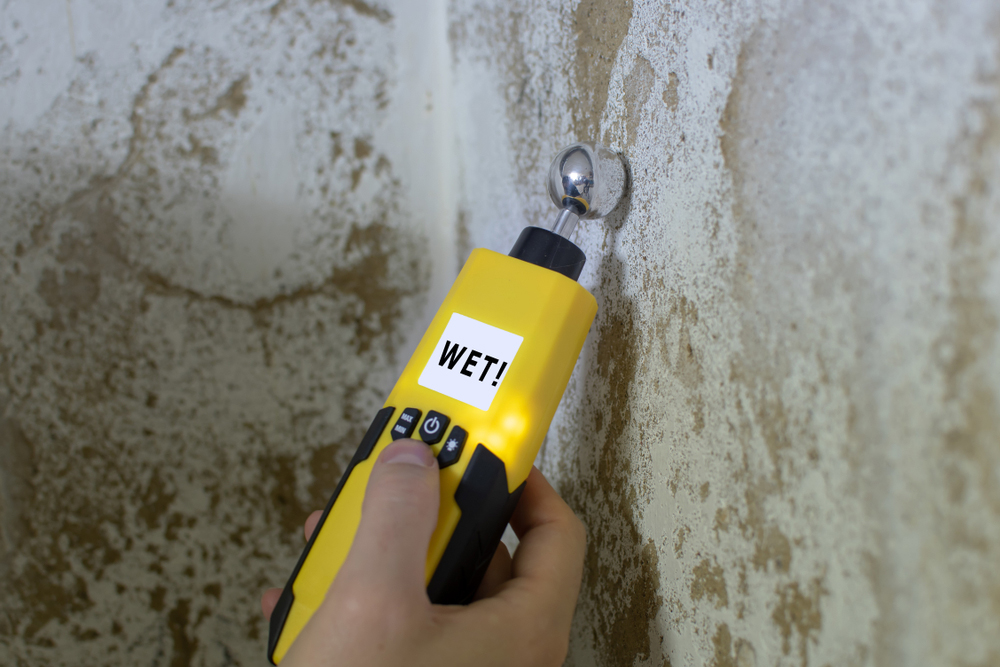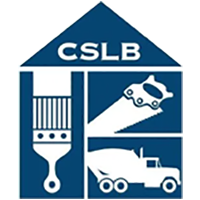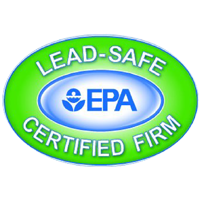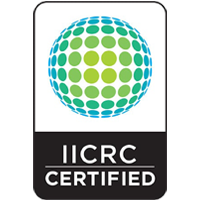
Mold in Residential and Commercial Properties
Landlord-Tenant Law: In rental properties, landlords are generally required to provide a habitable environment, which includes being free from harmful mold. If mold arises due to landlord negligence, such as failing to fix leaks, tenants may have legal grounds for breaking their lease, withholding rent, or suing for damages.
Disclosure in Real Estate Transactions: Sellers are required by law in most states to disclose any known mold issues to potential buyers. Failure to disclose can lead to legal action for misrepresentation and the payment of damages to the buyer.
Responsibilities of Property Owners
- Proactive Measures: Property owners should regularly inspect their properties for mold and address any potential moisture issues promptly. This includes maintaining plumbing, HVAC systems, and ensuring proper ventilation.
- Remediation Obligations: When mold is discovered, property owners are responsible for its timely and effective remediation. This may require professional assessment and removal to ensure that all mold sources are eradicated.
Rights of Affected Parties
- Tenants’ Rights: Tenants have the right to request mold testing if they suspect mold growth that may be affecting their health. If a property is deemed uninhabitable due to mold, tenants can request termination of their lease without penalty.
- Buyers’ Rights: Homebuyers have the right to conduct independent mold inspections before finalizing a purchase. If undisclosed mold is discovered after the sale, buyers might have legal recourse depending on state laws and the specifics of the sales contract.
Legal Consequences of Neglecting Mold
- Health Claims: Exposure to mold can lead to various health problems. Property owners who neglect mold issues can face lawsuits for health damages, especially if the occupants can prove negligence in mold management and remediation.
- Decreased Property Value: Properties known to have chronic mold issues tend to decrease in value and can be harder to sell. This can lead to financial losses far exceeding the cost of proper mold remediation.
How to Navigate Mold Legalities
- Consult Legal Advice: Property owners dealing with significant mold issues should consult with an attorney who specializes in environmental or real estate law to understand their responsibilities and potential liabilities.
- Documentation and Insurance: Keep thorough records of all mold-related activities, including communications, inspections, and remediation efforts. Review your insurance policies to understand coverage limits related to mold damage.
Understanding the legal aspects of mold management is crucial for property owners, landlords, and tenants. Awareness of your legal rights and responsibilities can guide your actions and decisions, helping prevent significant health and financial repercussions. Musick Restoration can assist with expert mold remediation services, ensuring compliance with health and safety standards.






